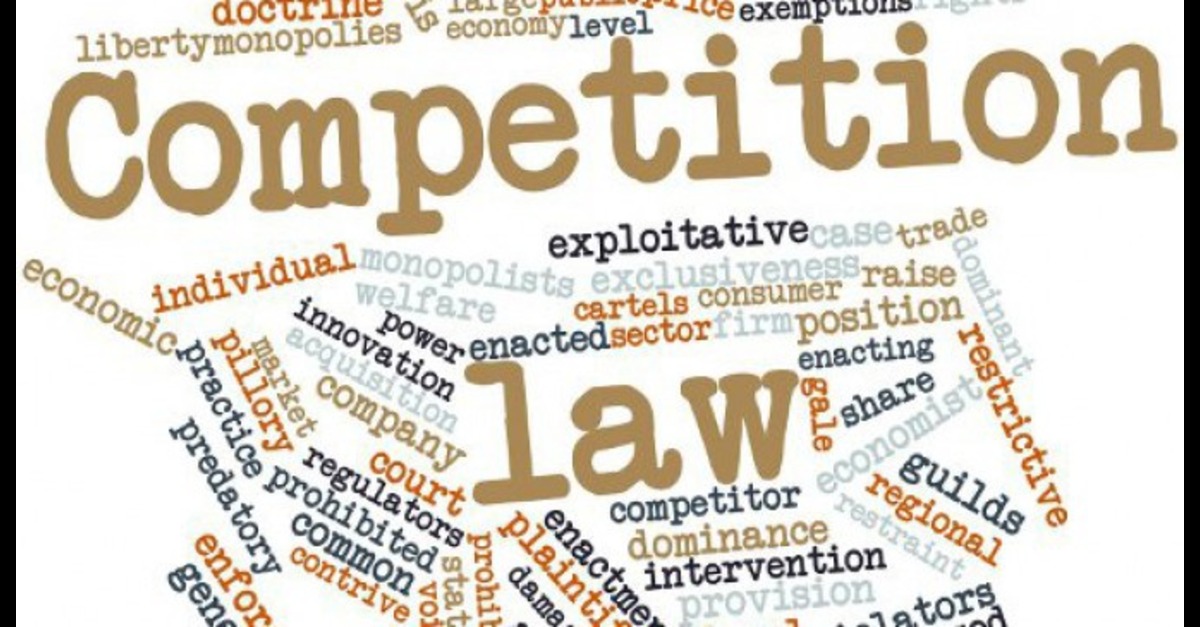ABSTRACT
As we find out more ways of using Artificial Intelligence in different daily processes, we can see that algorithmic decision-making is becoming a big part of the corporate world. In this the main concern seems to be collusion in how algorithms work and the algorithms end up using explicit collusion which drives up prices of things we buy online. In India, while the Companies Act, 2013 and Competition Act, 2002 have clearly put down guidelines about corporate behaviour and market fairness but this guide does not talk a lot about collusion. This article explores the challenges that we can face by algorithmic collusion and what are the problems under competition act and companies act and how to regulate against it.
Keywords : Competition Law, Companies Act, Algorithmic Collusion, Market Regulation
INTRODUCTION
The use of Artificial Intelligence in corporate processes has ended up creating problems which raises legal concerns. Price-fixing cannot be decided by an AI as it is based on data from other sources which creates a butterfly effect which ends up hiking up prices and violating the Competition Act. Collusion can now happen without any humans involved in the process. Below are the types of collusion we generally see in the market.
- Explicit Collusion: When companies will use their own algorithms to put prices compared from other services.
- Tacit Collusion: When algorithms learn and adjust prices in a way that leads to a market which is highly competitive.
While India’s Competition Act, 2002 talks about collusion and dominant positions and the Companies Act, 2013 focuses on corporate governance and fair business practices. However, neither clearly talk about algorithmic collusion.
UNDERSTANDING ALGORITHM COLLUSION
Algorithmic collusion refers to pricing or decision-making strategies influenced by AI and data-driven models, leading to anti-competitive practices.
Unlike traditional cartels that rely on direct human communication, modern pricing algorithms analyze market conditions and adjust pricing dynamically, often achieving collusion-like outcomes. How Algorithmic Collusion Works :
- Data-Driven Learning: AI algorithms analyze past pricing behaviors and adjust in real-time, identifying patterns that maximize profits without competition.
- Algorithmic Behavior: Companies in the same industry using similar pricing models may end up mirroring each other’s price changes, leading to collusion without direct communication.
- Self-Correcting Models: Algorithms can detect deviations from a coordinated price structure and automatically adjust pricing to maintain stability.
These aspects pose significant concerns, as legal frameworks currently lack mechanisms to detect, regulate, and penalize AI-driven collusion.
LEGAL CHALLENGES AND GAPS IN INDIAN FRAMEWORK
Although Indian law has laid down general rules regarding market competition, algorithmic collusion focuses on a particular legal issue that needs special solutions. It is challenging for authorities to prosecute cases involving AI-driven or algorithmic collusion because the Companies Act of 2013 and the Competition Act of 2002 only specifically address human based intent. There is also confusion in compliance and enforcement because India lacks specific AI governance rules and the Competition Commission of India (CCI) lacks AI-specific guidelines to control algorithmic collusion. All of these elements point to the need of specific legal frameworks to handle the particular difficulties that algorithmic collusion presents in the Indian corporate environment. Indian law restricts anti-competitive behaviour of any kind, there are enforcement gaps due to the absence of rules specifically addressing AI.
- Lack of AI-Specific Provisions: AI-driven collusion is not recognised as a distinct offence under the Competition Act of 2002.
- Lack of Algorithmic Transparency: It is challenging to identify possible collusion because businesses are not legally obligated to reveal or audit their pricing algorithms.
- Limited Regulatory Body Expertise: The Competition Commission of India (CCI) is unable to conduct investigations because it lacks the technical know-how required for machine learning and AI governance.
- Not following Global Benchmarks: Unlike jurisdictions like the European Union (EU) and the United States, which are actively formulating AI-specific competition laws, India has not yet taken substantial steps.
RECOMMENDATIONS FOR INDIA
To control algorithmic collusion India has to implement specific legal changes in its frameworks such as the Companies Act and Competition Act, 2002.
- Algorithmic Transparency: To ensure that we can trace how the AI Chooses, and how the business uses AI based pricing, we should oblige with a transparent process and keep records of these audits.
- Regulation for AI Compliance: There should be a regulation oversight committee as also given in the DPDP Act which can test these algorithms and make sure that they are compliant.
- CCI’s Market Committee: To keep a look on the market, the Competition Commission of India should establish an AI regulatory unit just for the markets.
- Global Frameworks: India should work with international regulations such as the US Federal Trade Commission and the EU’s Competition Authority.
CONCLUSION
We are not yet prepared to handle algorithmic collusion. Although a general legal framework is provided by the Companies Act of 2013 and the Competition Act of 2002, these two Acts say nothing regarding market distortions caused by AI. Since AI-based collusion may result in price problems, a downtrend, and less competition, there aren’t many significant remedies. To maintain market justice and regulation, legal reforms addressing AI collusion are desperately needed.
“PRIME LEGAL is a full-service law firm that has won a National Award and has more
than 20 years of experience in an array of sectors and practice areas. Prime legal falls
into the category of best law firm, best lawyer, best family lawyer, best divorce lawyer,
best divorce law firm, best criminal lawyer, best criminal law firm, best consumer
lawyer, best civil lawyer.”
WRITTEN BY TANMAYEE VELLORE RAGHUNANDAN


